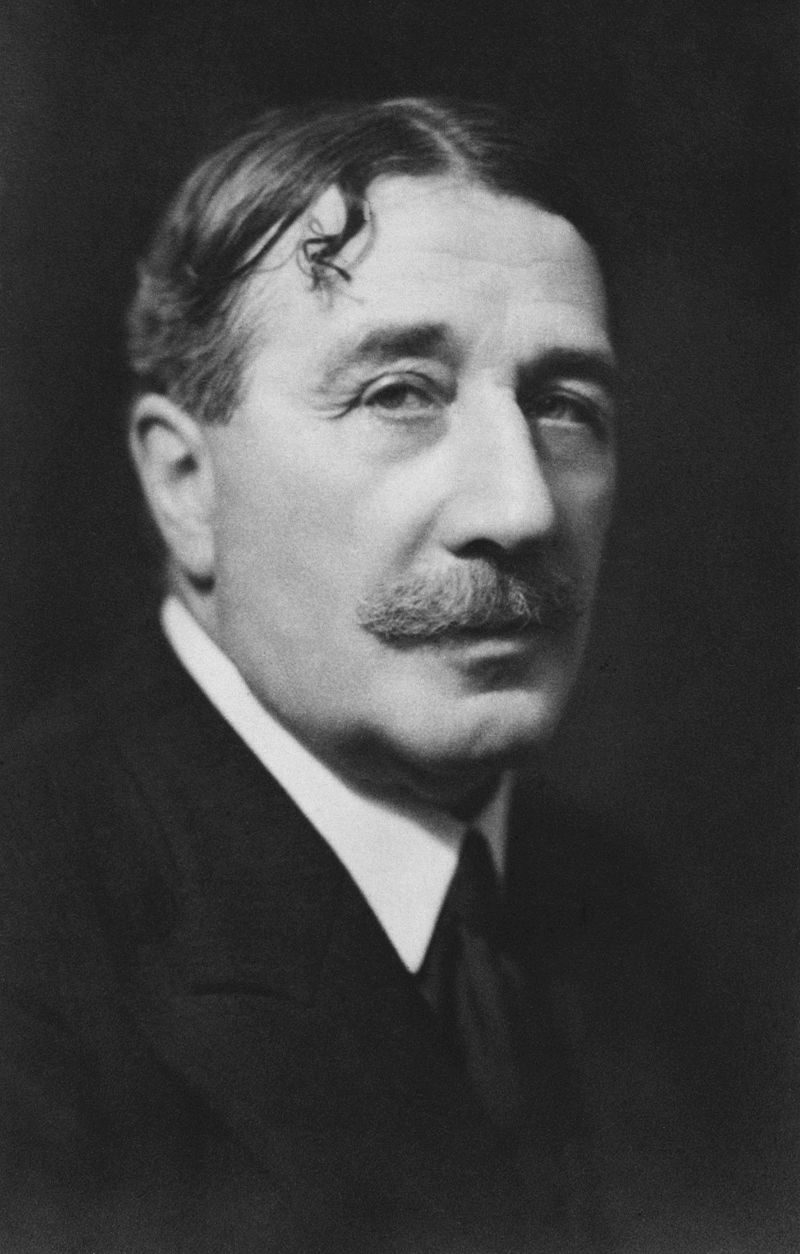 “You know, when the [United] States already had nuclear weapons and the Soviet Union was only building them, we got a significant amount of information through Soviet foreign intelligence channels . . . . They were carrying the information away not on microfilm but literally in suitcases. Suitcases!” Vladimir Putin, 2012[1]
“You know, when the [United] States already had nuclear weapons and the Soviet Union was only building them, we got a significant amount of information through Soviet foreign intelligence channels . . . . They were carrying the information away not on microfilm but literally in suitcases. Suitcases!” Vladimir Putin, 2012[1]
I recently cited evidence that J. Robert Oppenheimer, the Father of the Atomic Bomb, was a security risk if ever there was one, yet he got what Albert Einstein could not: security clearance to work on the Manhattan Project in Los Alamos, New Mexico, which the legendary physicist (and leftwing activist and Zionist) had urged on President Roosevelt. As Oppenheimer was a pro-Soviet Communist, I thought it ironic that in 1946 Ayn Rand, who fled the Communist system that had impoverished her family, interviewed him for a stillborn movie project. Neither of them (or anyone else to my knowledge) ever noted that irony.
Oppie’s Red politics was not a youthful, romantic fling from which he was detached only by the imperative of stopping Hitler. Two days ago Diana West, having read my post, wrote to suggest that while Harvey Klehr and John Earl Haynes, the scholarly witnesses that informed my post, established the color of Oppie’s politics, there is evidence that he crossed the line demarcating political activity from disloyalty. I am grateful to her for pointing me toward that evidence, part of which I now pass along to you. Continue reading “Oppenheimer and Putin’s Suitcases”





 In a Schlitz ad from yesteryear Bill finds this mood summed up:
In a Schlitz ad from yesteryear Bill finds this mood summed up: I recently acquired the new edition of Otis Q. Sellers’s 1961 booklet Christian Individualism: A Way of Life for the Active Believer in Jesus Christ (CI) which, to my surprise, I did not already own. [Learning of this gap in my collection,
I recently acquired the new edition of Otis Q. Sellers’s 1961 booklet Christian Individualism: A Way of Life for the Active Believer in Jesus Christ (CI) which, to my surprise, I did not already own. [Learning of this gap in my collection,  1961 she was probably best known for The Fountainhead, a 1943 novel that was made into a movie starring Gary Cooper six years later. In the year that novel came out, Rand began working on
1961 she was probably best known for The Fountainhead, a 1943 novel that was made into a movie starring Gary Cooper six years later. In the year that novel came out, Rand began working on 
